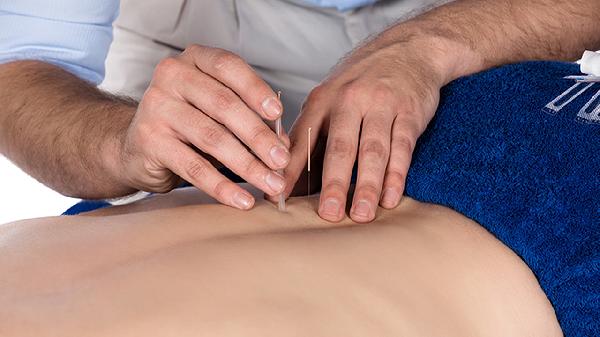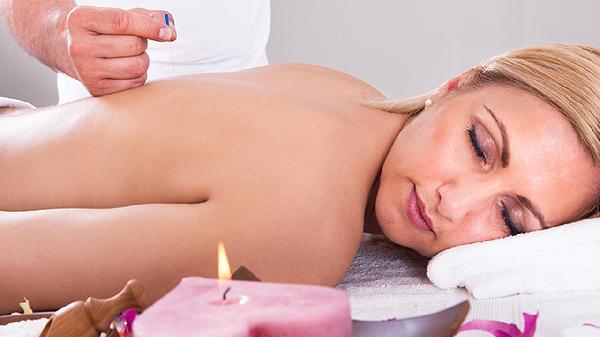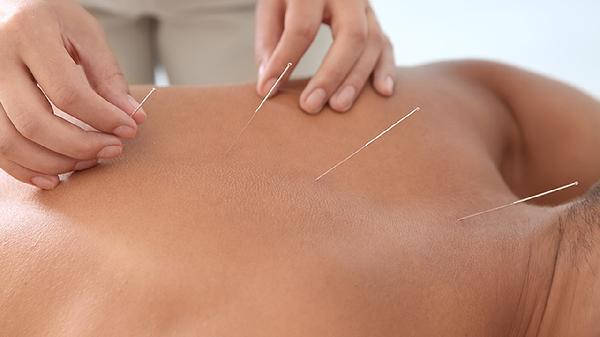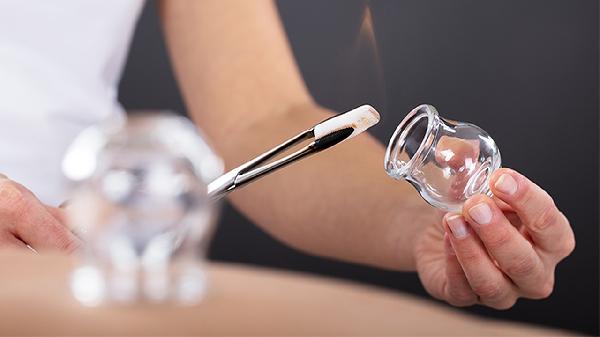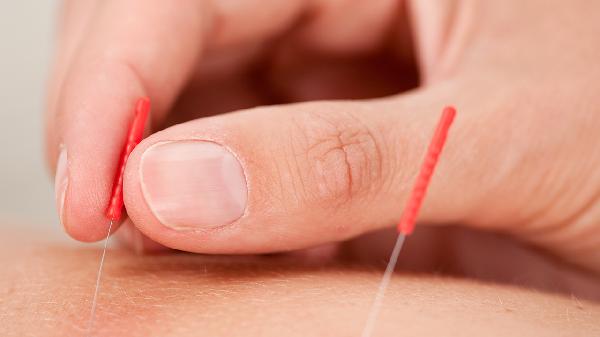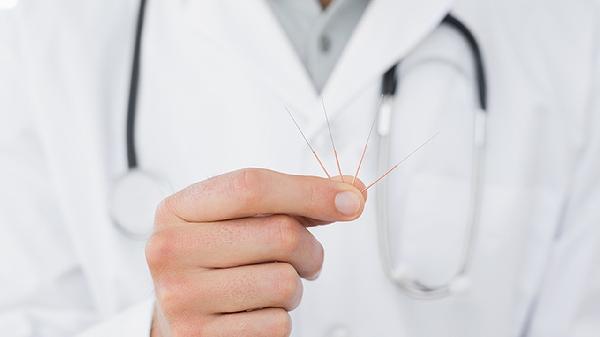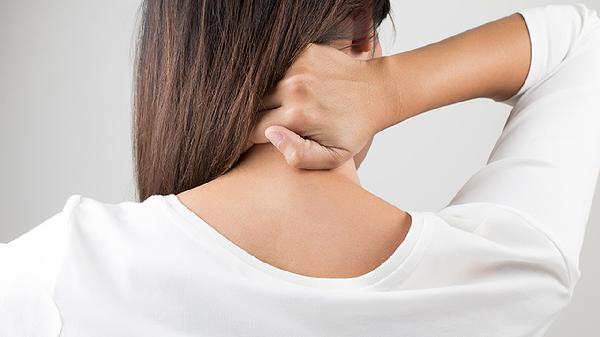Yes, acupuncture can effectively relieve neuropathy pain by stimulating specific points on the body to improve nerve function and reduce discomfort. This ancient Chinese practice has been increasingly recognized in modern medicine for its potential to manage chronic pain conditions, including neuropathy.
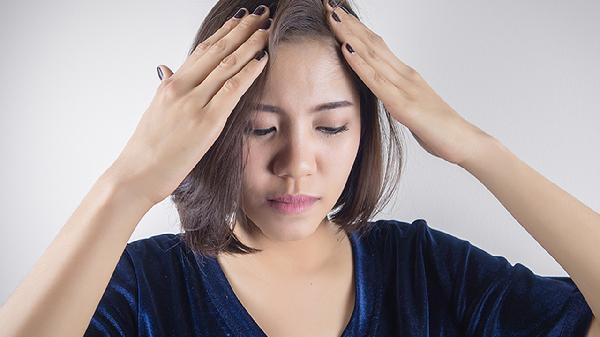
Understanding Neuropathy and Its Impact
Neuropathy, or nerve damage, often results from conditions like diabetes, chemotherapy, or autoimmune disorders. It leads to symptoms such as numbness, tingling, burning sensations, and sharp pain, significantly affecting quality of life. Traditional treatments include medications, physical therapy, and lifestyle changes, but these may not always provide complete relief. This is where acupuncture steps in as a complementary therapy.
How Acupuncture Works for Neuropathy
Acupuncture involves the insertion of thin needles into specific points on the body, known as acupoints, to restore the flow of energy (Qi) and promote healing. For neuropathy, acupuncture targets nerves and pathways associated with pain signals. Studies suggest that acupuncture can stimulate the release of endorphins, the body’s natural painkillers, and improve blood circulation to damaged nerves, aiding in their repair. Additionally, it may reduce inflammation and modulate the nervous system’s response to pain.
Scientific Evidence Supporting Acupuncture
Research has shown promising results for acupuncture in managing neuropathy pain. A study published in the Journal of Acupuncture and Meridian Studies found that patients with diabetic neuropathy experienced significant pain reduction after a series of acupuncture sessions. Another study in Pain Medicine highlighted its effectiveness in alleviating chemotherapy-induced peripheral neuropathy. While more large-scale studies are needed, the existing evidence supports its role as a viable treatment option.
What to Expect During an Acupuncture Session
During an acupuncture session, a licensed practitioner will assess your condition and identify the appropriate acupoints. The needles are typically left in place for 15 to 30 minutes, during which you may feel a mild tingling or warmth. Most patients report minimal discomfort and a sense of relaxation. For neuropathy, multiple sessions are often required to achieve optimal results, with some individuals noticing improvement after just a few treatments.
Combining Acupuncture with Other Therapies
Acupuncture is most effective when used as part of a comprehensive treatment plan. Combining it with medications, physical therapy, and lifestyle modifications can enhance its benefits. For example, maintaining a healthy diet, managing blood sugar levels (in diabetic neuropathy), and engaging in regular exercise can complement the effects of acupuncture. Always consult your healthcare provider before starting any new treatment.
Potential Risks and Considerations
While acupuncture is generally safe, it’s essential to seek treatment from a licensed and experienced practitioner to minimize risks such as infection or improper needle placement. Individuals with bleeding disorders or those taking blood thinners should exercise caution. Additionally, acupuncture may not be suitable for everyone, so it’s crucial to discuss your medical history with your practitioner.
The Holistic Benefits of Acupuncture
Beyond pain relief, acupuncture offers holistic benefits that can improve overall well-being. It can reduce stress, improve sleep quality, and enhance energy levels, all of which are particularly beneficial for individuals dealing with chronic pain conditions like neuropathy. By addressing both physical and emotional aspects of health, acupuncture provides a comprehensive approach to healing.
Tips for Maximizing Acupuncture’s Effectiveness
To get the most out of acupuncture, consistency is key. Attend all scheduled sessions and follow your practitioner’s recommendations. Stay hydrated, avoid caffeine before treatments, and communicate openly about your symptoms and progress. Keeping a pain diary can also help track improvements and guide adjustments to your treatment plan.
Conclusion: A Path to Relief and Healing
Acupuncture offers a promising, non-invasive option for managing neuropathy pain. While it may not work for everyone, many individuals find significant relief and improved quality of life through this ancient practice. If you’re struggling with neuropathy, consider exploring acupuncture as part of your treatment journey. Always consult with your healthcare provider to ensure it’s a safe and suitable option for your specific needs. Remember, managing chronic pain is a process, and with patience and the right approach, relief is within reach.
